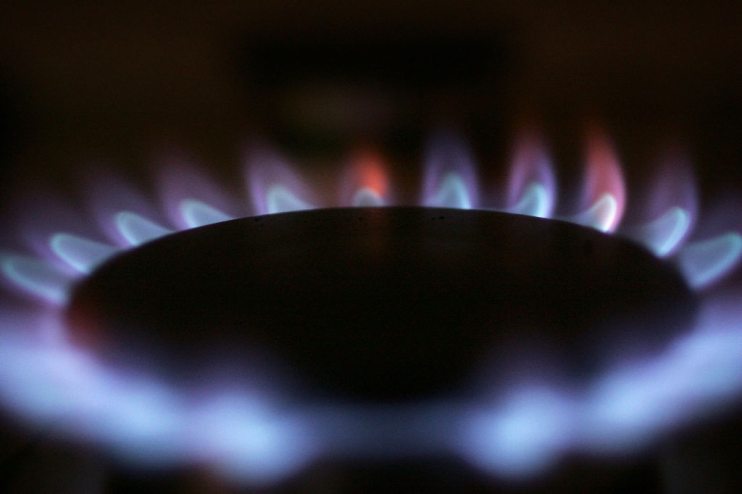IFS: Poorest Brits to shoulder worst cost of living shock

The poorest households in the UK are set to shoulder a harder hit from the cost of living crisis, reveals new analysis released yesterday.
The rising cost of energy will erode a greater proportion of poorer households’ income compared to wealthier Brits, according to the Institute for Fiscal Studies (IFS).
Less wealthy Brits tend to spend a larger share of their budgets covering energy bills, meaning the poorest households will absorb an around seven per cent income shock this year from inflation, the IFS calculated.
The next round of price rises, driven by higher energy costs, will “lead to a mildly regressive pattern of overall inflation, because… lower income households spend almost three times as much of their budgets on gas and electricity,” the IFS said.
Meanwhile, Brits in the top of the income distribution will be saddled with just over five per cent inflation this year.
Middle income Brits will also struggle to cope with the cost of living squeeze.
“Many households on middling incomes, and especially those with particularly high energy costs, will not find it easy to adjust to extra costs upwards of £500 per year,” the IFS added.
Overall, energy bills are forecast to climb £14bn annually, the IFS said.
Inflation in the UK has taken off since the country emerged from the most onerous Covid-19 restrictions last spring, hitting a peak so far of 5.1 per cent in November.
However, most economists expect the rate of price rises to accelerate even further, potentially peaking above seven per cent this April driven by the energy watchdog, Ofgem, hiking the cap on energy bills by as much as 50 per cent.
The IFS’ findings reinforce separate research carried out by consultancy KPMG which found nearly one in three Brits plan to slash spending this year.
Inflation, unless wages keep pace, erodes real incomes, meaning consumers have less room for discretionary spending.
Over half of households intend to cut back on eating out, while 49 per cent plan to cut back on takeaways.
Worryingly, nearly half intend to cut back on essentials such as the weekly shop, KPMG found.